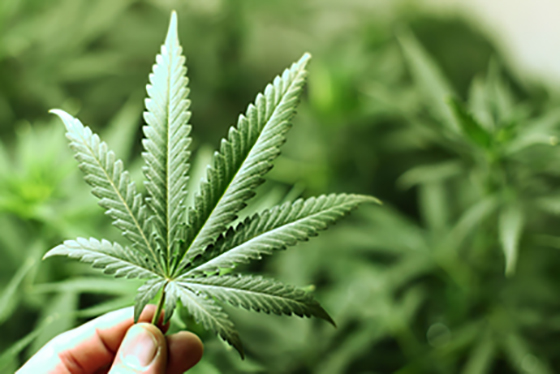College Athletics Ease Marijuana Penalties

By Chris Goldstein
In an exclusive report the Associated Press has shown that major NCAA colleges and universities are easing penalties for student athletes when it comes to testing positive for marijuana
The AP analyzed policies for 57 of the 65 schools in the Southeastern, Atlantic Coast, Big 12, Big Ten and Pac-12 conferences, plus Notre Dame.
Of the 57 schools, 23 since 2005 have either reduced penalties or allowed an athlete to test positive more times before being suspended or dismissed. Ten schools have separate, less stringent policies addressing only marijuana infractions. Read in full
Steve Bloom tracks sports figures who get caught with cannabis at Celebstoner.com. He saw that playing out in the numbers.
«There was a big drop in celebrity marijuana arrests in 2015,» said Bloom, «This includes college athletes.»
«In 2014, 19 college athletes (16 football, three basketball) were arrested for drug and/or paraphernalia possession. In 2015, only one college athlete was charged with marijuana possession: Indiana U’s Devin Davis. He was subsequently cut from the squad.»
«I may have missed a few over the course of the year, but clearly arrests of college athletes on drug charges are way down,» said Bloom, «I charted four college athletes arrested in 2013 and six in 2014. So, all in all, good news for college athletes who like to medicate or recreate with marijuana.»
There is a markedly different approach to athletes caught drinking to excess and using recreational drugs as opposed to using performance enhancing substances like steroids.
As we pointed out in Freedom Leaf Magazine there is a growing chorus of voices seeking to allow medical marijuana as an acceptable treatment for NFL players.
In a sport that requires large men to slam into each other for 60 minutes once a week from September to December (and then into January and February for teams that go to the playoffs and ultimately the Super Bowl), marijuana is proving to be an elixir. Rather than take painkillers such as Vicodin and Percocet, which can lead to addiction problems, some players have decided to self-medicate with marijuana.
“A lot of it is stress relief,” says Washington’s safety Ryan Clark. “A lot of it is pain and medication. Players feel like if it can keep me away from maybe Vicodin, it keeps me away from pain prescription drugs and things that guys get addicted to. Guys look at this as a much more natural way to heal themselves.” Read in full
The NFL Players Association suggested raising the threshold for THC testing from 15 ng/ml to 35 ng/ml.
The new approach by the NCAA schools does not change the thresholds for tests but does address how failed tests are addressed.

